
How’s Your Aim?


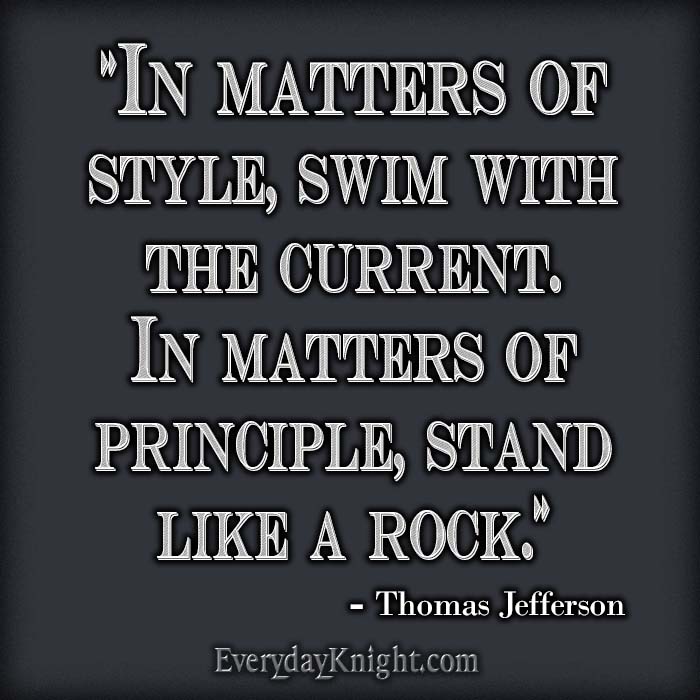

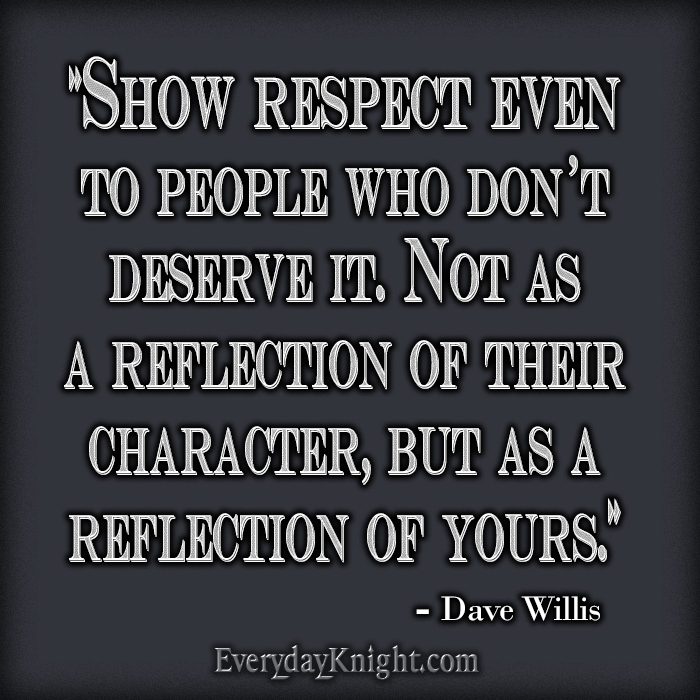
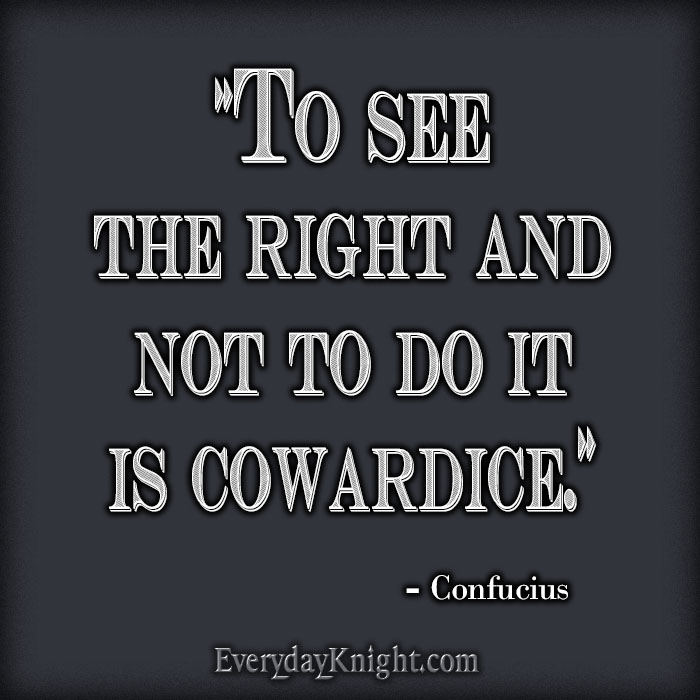
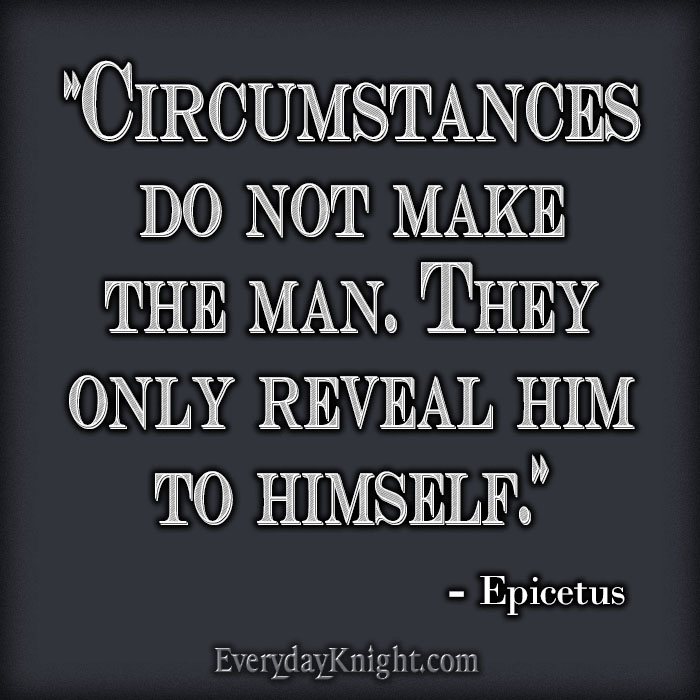
From the annals of “pulp fiction” in the early 1930’s we bring you a review of an influential icon and virtual template for the nascent superhero genre. Carl Savage, jr. AKA Doc Savage, The Man of Bronze, is a larger than life character with a specific code that governs his life and spurs his adventures. Return with us now to those thrilling days of yesteryear, as we de-code the Code of Doc Savage!
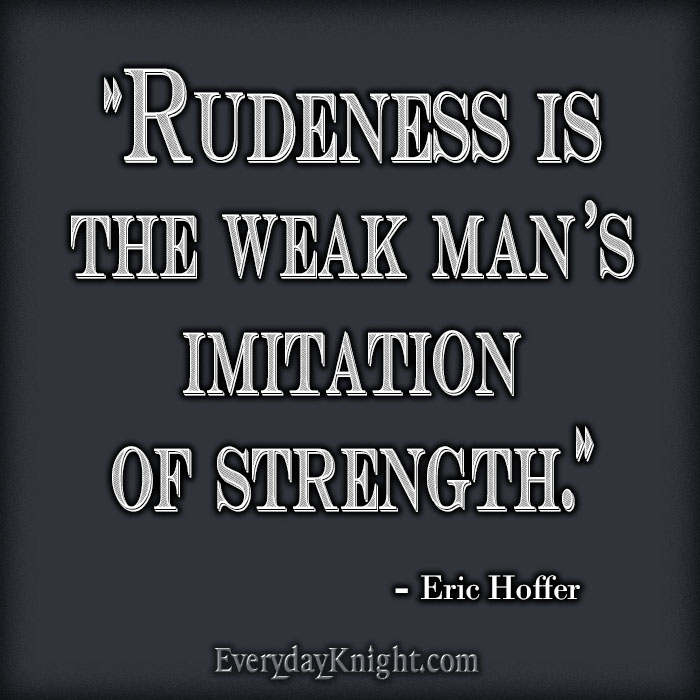
“If,” by Rudyard Kipling, is a late Victorian poem written to honor the stoic tradition but we believe it articulates many of the modern virtues we espouse. These include Fortitude, Courage, Diligence and Humility. We give a reading and our interpretation of the poem with our modern interpretations.